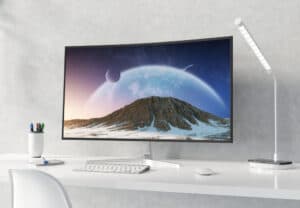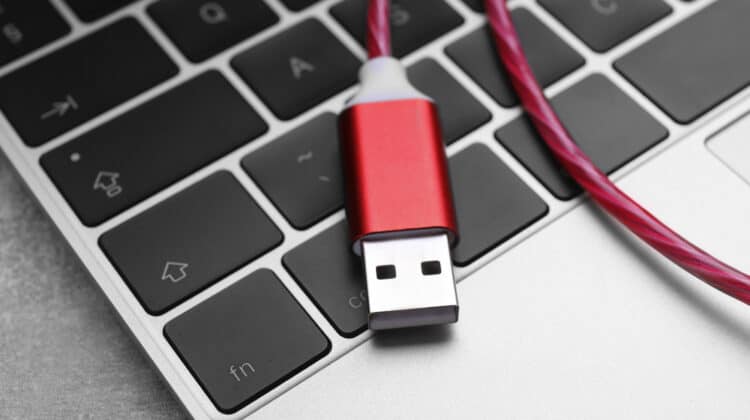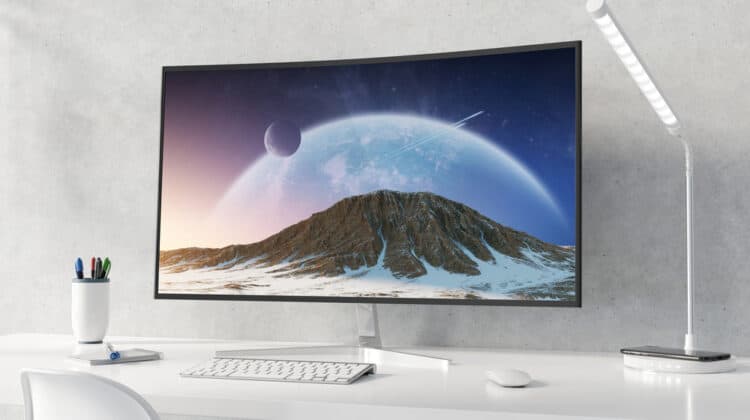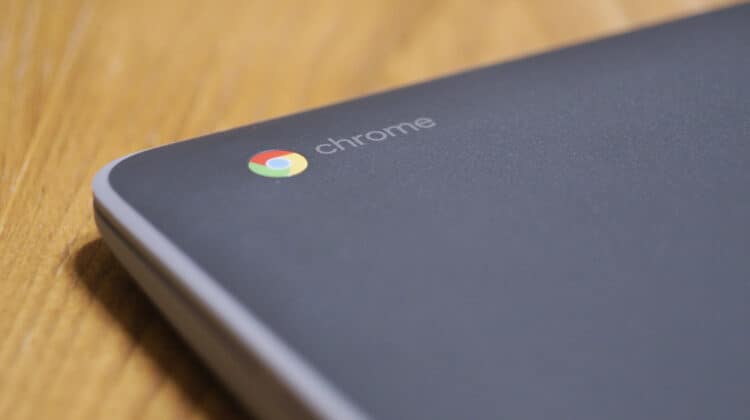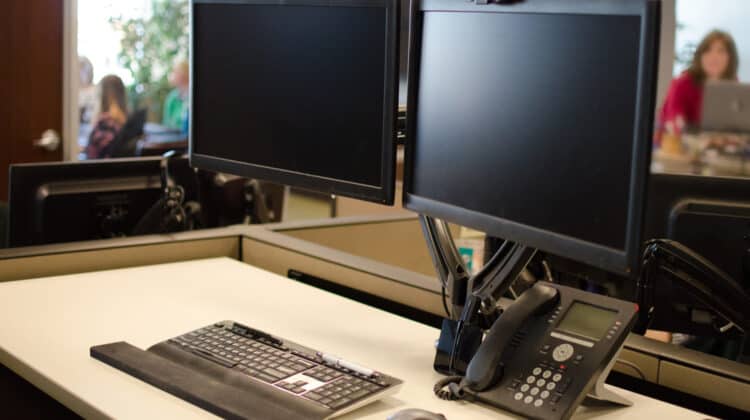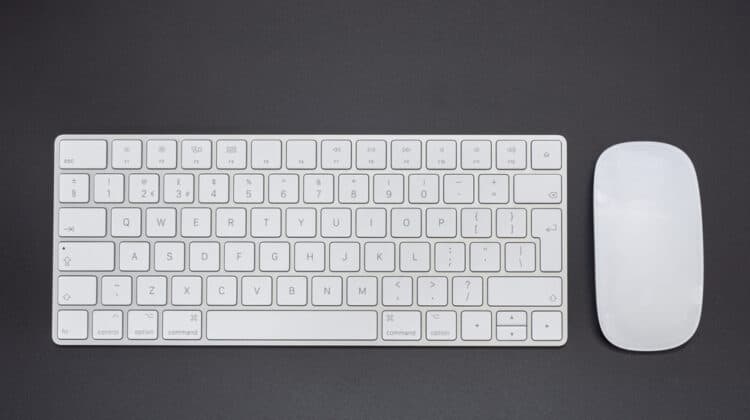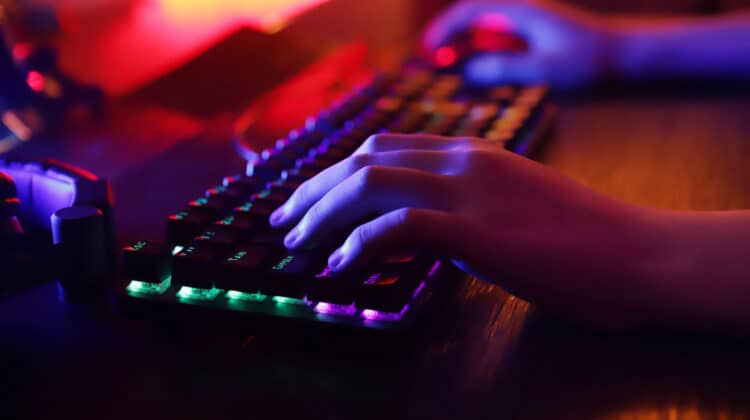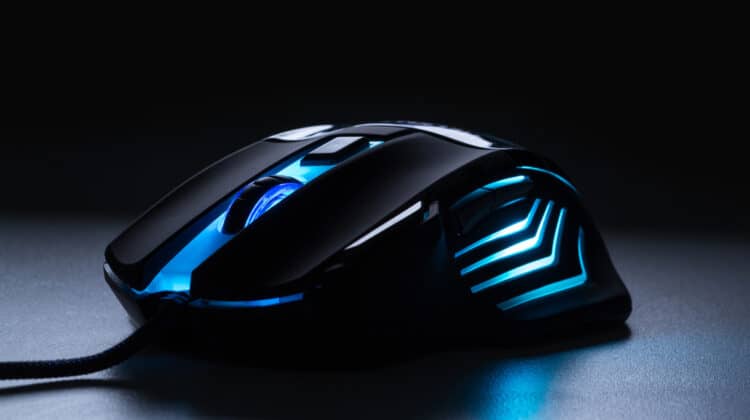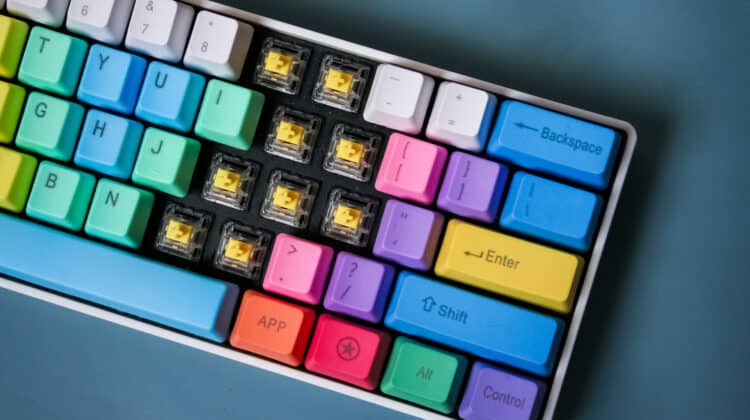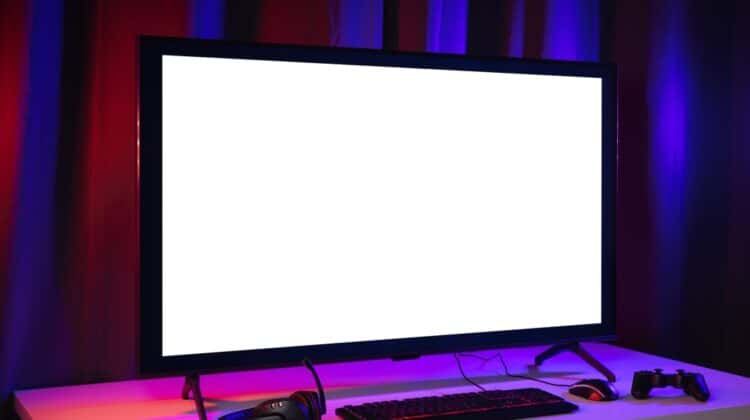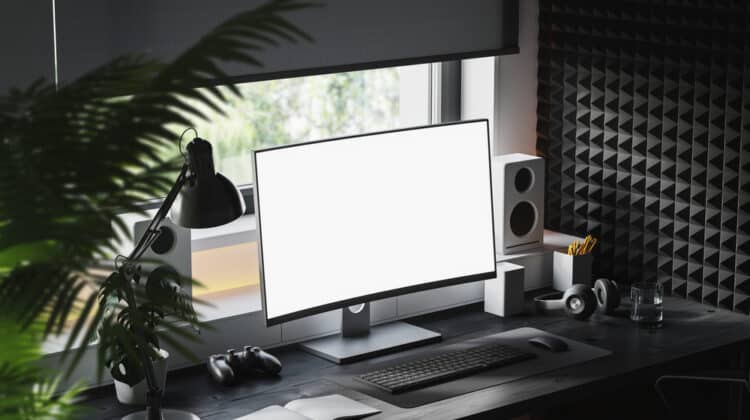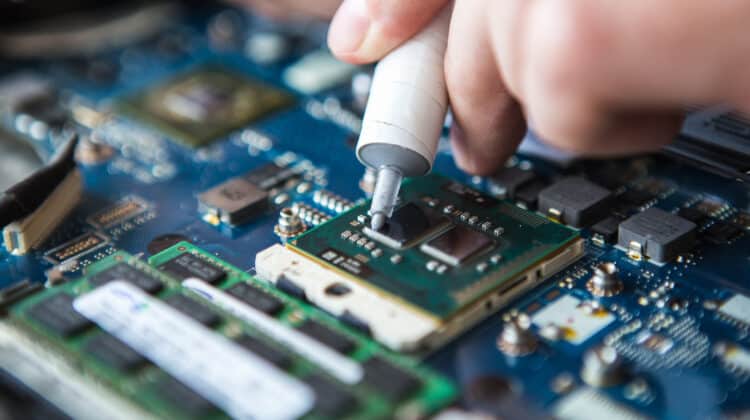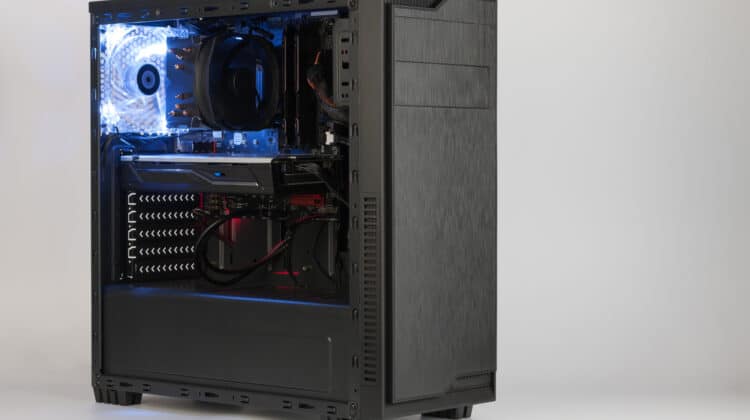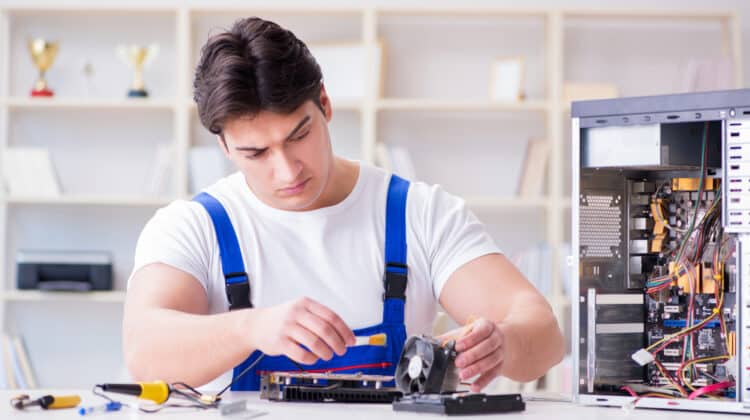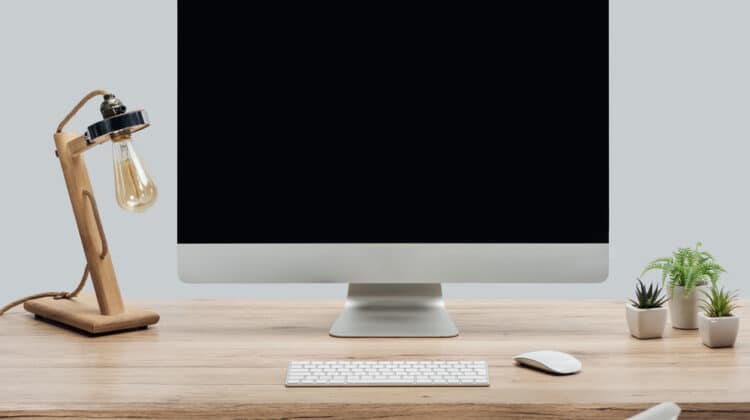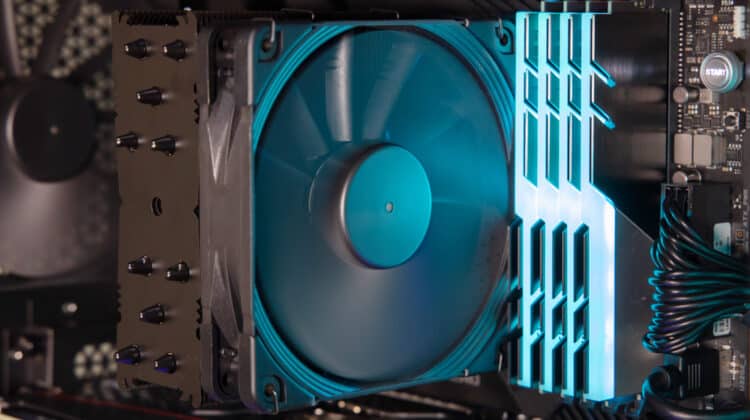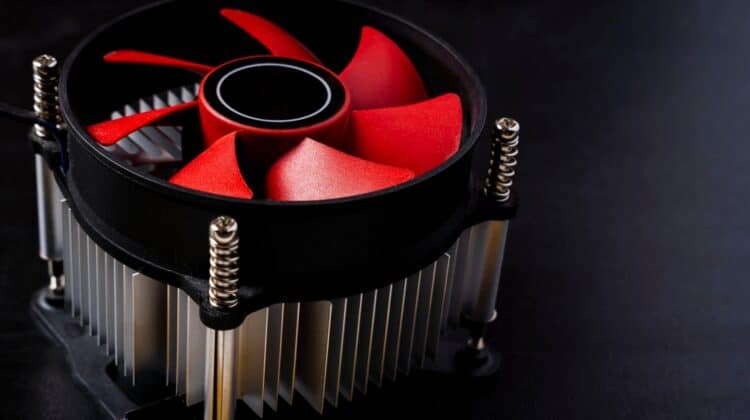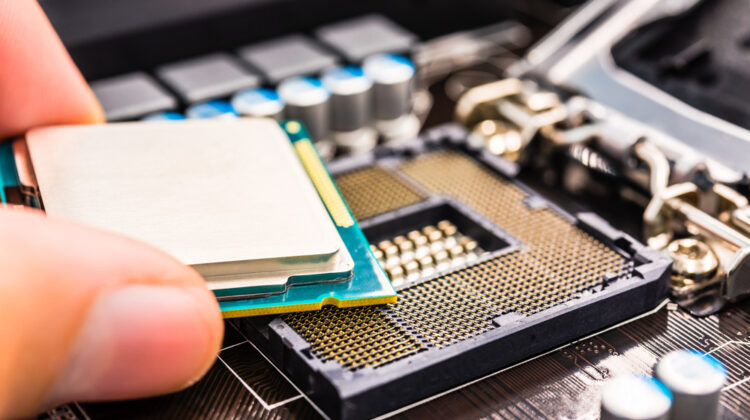
Computers aren’t particularly noisy devices because they don’t have many noise-producing components.
Under normal usage, you should only hear a gentle humming that indicates everything, especially the fans, is operating smoothly.
However, unusual sounds can be alarming and indicate an underlying problem inside the system.
It could be even worse if the noise came up suddenly although the PC was working fine before.
Why Is My PC So Loud All Of A Sudden? (Causes, Fixes)

If your PC has suddenly become noisy, you should first decide if it comes from the internal components or an external piece of hardware, such as the speakers.
The noise coming from speakers could be due to wrong wiring or electromagnetic interference.
If the noise comes from the internal components, the biggest culprit is the fans.
Clicking sounds can indicate physical damage, while loud humming or whirring sounds can result from PC overheating due to intensive programs or malware.
If the fans and PC temps are okay, you should consider a failing hard drive or CD/DVD drive.
1. Fan Issues

The primary source of computer noise is fans.
Since CPUs and GPUs generate high degrees of heat, they need dedicated cooling solutions to ensure efficiency.
The noise you hear from your computer is primarily due to these fans operating normally to cool down your computer.
However, different factors can affect these fans, leading to unusually loud noise.
Some of these factors are temporary and go away on their own, while others need to be fixed.
Otherwise, they’ll hurt your system.
If the fans aren’t stock, you may have chosen the wrong fan for your PC.
Additionally, if the fan is too small, it has to work harder to cool down the PC, resulting in more noise.
Here are the most important factors that increase fan noise:
A. Dust Buildup
Whether your computer is in a dusty place or inside a cabinet, it can attract dust like other furniture items.
The fans make the issue particularly worse because they draw cool air inside the computer and send out the warm air.
The dust in the air can get in and build up over time, clogging the vents and even the fan blades, preventing the fan from spinning fast enough to cool down the PC.
Thus, in addition to the regular maintenance work that you perform on your PC, you need to clean the innards completely to make sure dust buildup isn’t heating the system.
You should also check your CPU and GPU temps regularly to ensure the fans don’t need to work harder.
You can use third-party apps or the Task Manager to monitor your PC temps.
B. Poor Ventilation
Another issue that can prevent the fans from working properly, thus heating the system and affecting the fans, is poor ventilation.
When fans work harder, they sound louder.
Even if you have the best cooling solution in place, it can’t work properly if there’s not enough air circulating near the computer.
That’s because the fans need to absorb cool air inside the computer unless you have liquid cooling that uses a different form of the cooling system.
Thus, place your PC in a well-ventilated room and avoid putting it inside a cabinet or a desk.
Don’t cover the vents with books, cloth, or any objects in an attempt to reduce dust entering through the vents.
Also, if your room is hot, turn on the AC or move it to a place with cooling equipment.
C. Physical Damage
Fans are components that are constantly spinning and have a limited lifespan.
The noise from the fans can sound different, indicating different issues.
For example, if the noise is like regular fan noise, only louder, it’s from a different source than when the fan makes clicking noises.
Since fans contain bearings that spin to keep the fans moving, any damage to these bearings can lead to unusual sounds.
You need to inspect the fans closely to see if the bearings are out, in which case, the only solution is to replace the fan.
If you decide it’s time to replace the fans, look for fans with a form factor that fits your case.
Otherwise, you won’t be able to close the case panels because the fan blades will rub against the panel and create noise.
Another thing to consider is the fan’s power requirements, which have to be within the power limit put out by the computer’s PSU.
Finally, look for fans with high cooling capacity and low decibels.
D. Intensive Programs
When you run CPU- or GPU-intensive programs such as games on your PC, the fans work harder to keep the system cool.
If your PC suddenly gets loud after running an intensive program, there’s nothing to worry about because your fans are doing their jobs properly.
However, if your fans don’t stop working even after closing the heavy program, you must consider other cases.
The most probable cause is a background process still running and occupying the CPU resources.
That’s particularly the case if you’ve recently installed a new program that causes a system overload since it runs in the background without you knowing it.
Since the CPU is still working, the fans should also work hard to cool it down.
Check these background processes and end them if they’re not necessary.
You can easily access these apps via the Task Manager and go to its Processes tab.
Right-click any of these programs that you don’t need and click End.
To avoid PC overheating due to intensive programs, minimize multitasking and close any program you don’t need.
Close your browser when you’re done and avoid opening too many tabs simultaneously.
You could also try restarting your PC to see if it helps reduce the fan activity.
Rebooting helps end any unnecessary or corrupt processes that keep the CPU engaged.
E. Malware Infection
Viruses and other malware can hurt your PC in many ways.
They can raise the PC temps by overloading the CPU, especially if the malware uses your CPU power to mine crypto.
Adware and bloatware are other types of malware that can overwork your PC.
You should also beware of PUPs (Potentially Unwanted Programs) that, although not malware, can eat up your disk space and deplete your PC resources, leading to raised temps and overworking the fans.
The best way to combat this issue is to prevent malware infection by practicing internet hygiene and using a reliable anti-virus tool.
You can also use a PC cleanup tool to detect and remove these harmful programs to ease the load on your PC.
F. Old Thermal Paste
All the cooling solutions inside a PC center on the two most heat-generating components, CPU and GPU, which have their dedicated cooling solutions.
The CPU cores get hot due to the movements of electrons that transfer data.
This heat has to be dissipated, and the fans must blow it away and out of the case.
The heatsink on the CPU is responsible for dissipating this heat from the CPU cores.
If the heatsink is damaged, the fans need to work harder to keep the CPU cool because their sensors detect raised temps.
You should make sure the heatsink is okay.
However, the heatsink may not be damaged, and the only issue is that the thermal paste is old or has come off.
The same thing can happen for the GPU because it also has a heatsink attached to it via a layer of thermal paste.
If you have the technical know-how, reapply thermal paste on both GPU and CPU and see if it helps.
2. Hard Disk Failure

Hard disks have moving parts that can create noise even if the disk is healthy.
Hard disk noise is natural as long as it’s not rattling and sounds like a smooth spinning of platters.
A soft rattle or clicking sound isn’t anything to worry about because it shows that the disk is working, reading and writing data.
Even when your hard drive isn’t reading or writing data, you may hear these noises because some drives may perform scans while the device is inactive.
Plus, the type of activity you perform on your hard drive can cause different noise levels.
For example, writing data on an encrypted device will be much noisier than on an unencrypted drive.
You may also hear a beep when you boot up the system, indicating the spindles are faulty.
If you have an external drive, it may come equipped with a fan, making noise while it spins.
If you place the hard drive on a desk, you’ll get even louder noises due to vibrations.
Another source of noise is the power supply if you have an external hard drive with a dedicated power supply.
However, if the noise is new and doesn’t sound like the previous noise patterns, it could indicate hard disk failure.
A failing hard drive may cause abnormal vibrations with grinding, clattering, or excessive clicking.
Even faulty hard drive cables and connections can produce abnormal noise.
You should inspect the hard drive carefully to make sure the noise is coming from this component and then detect why the hard drive is producing this noise.
For example, if damaged platters cause noise due to prolonged use, there’s nothing to do except replace the hard drive.
However, if the cables, either power or interface, are faulty, you can simply change the cables and remove the noise.
You can make sure the cables are healthy by replacing them with other cables and see if the noise stops.
You may also want to check the hard drive by inspecting it physically and checking for any damage or loose screws.
If the noises aren’t caused by inadequate lubrication or dirt buildup, you may need to replace it.
If the physical inspection doesn’t show any results, you should look for other signs of hard disk failure.
Frequent freezes and crashes, data loss, corrupted files, blue screen of death, and bad sectors are classic signs that show your hard drive is failing.
However, you may want to have your HDD checked by a technician to ensure it’s not salvageable.
If you decide to change the hard drive, you may want to replace it with an SSD because it’s more reliable, quiet, and faster.
Since an SSD doesn’t have moving components, it doesn’t make any sound and has a lower failure rate.
Make sure to back up the data on the drive before it fails completely, and the data becomes inaccessible.
3. Loose Screws

When your PC gets loud suddenly, it may not necessarily be due to a serious underlying issue related to hardware or software.
Instead, the noise may come from minor physical defects that you can detect by carefully inspecting the PC.
Opening the case of a desktop PC is more straightforward than a laptop because it only involves opening some screws and removing the case panel.
However, opening a laptop’s back panel requires more technical skills because you also need to remove the front panel, which is more challenging to re-assemble.
Before taking your computer apart, check the rubber stands under the case and the laptop to ensure they haven’t come off or aren’t damaged.
If you see any sign of damage, place the computer on a soft surface like a carpet or cloth and see if it reduces or stops the noise.
If it does, you’ll need to look for more permanent solutions because putting your laptop on a carpet will result in dust and lint buildup, clogging your PC vents.
Replace the rubber stands and put the PC on a lint-free cloth or pad to stop the rattling noises.
If the noise doesn’t stop, open the PC and look for any physical issues that cause the rattling noise.
For example, loose screws, displaced wires and cables, or components touching each other can all give rise to noise.
You may also find worn-out gaskets, which you should replace.
Remember to take safety precautions before touching your PC components; otherwise, you’ll hurt yourself or damage the components.
Turn off the PC and remove all the cables and peripherals.
Press and hold the power button for a few seconds to drain the remaining charge.
It’s also essential to ground yourself to avoid the static charge and protect your PC components against damage.
4. Bad Drivers

CPU- or GPU-intensive programs can place a huge burden on your system resources and even lead to damage.
For example, if you play a heavy game on your PC, your graphics card will need to work extra hard to fulfill the game’s graphical demands.
In some cases, the burden is huge and leaves the drivers damaged.
When the drivers don’t work properly, the graphics card must work harder, leading to higher fan noise.
That’s particularly the case if you notice that your PC has suddenly become louder after running a specific program.
The easy fix to this issue is to update the graphics card drivers.
Download the latest drivers from your graphics card manufacturer’s website.
You can also update your Windows to make sure everything inside the OS is updated, and all the bugs and glitches are removed.
5. CD/DVD Drives

If your system has a CD/DVD drive, it may create noises due to vibrations and movements.
CD/DVD drives can stop working properly and make noise because they have bearings that spin very fast and keep the spinning drive stable and balanced.
If the bearing is faulty, the spindle loses its balance, leading to different kinds of noise.
These noises may come from the drive or the DVD itself.
For example, if you haven’t inserted the DVD properly or it’s deformed, damaged, or cracked, you may hear different noises that indicate the drive can’t read the data properly.
You can make sure the main issue is the DVD or the drive by playing different DVDs in the drive and see if the noise persists.
If the noise stops when you change the DVD, you can be certain that the problem doesn’t lie with the drive.
Otherwise, you should inspect the drive to see what’s wrong.
Look for signs of damage, heat, and smell, which shows the drive is failing and you need to replace it.
6. Speakers
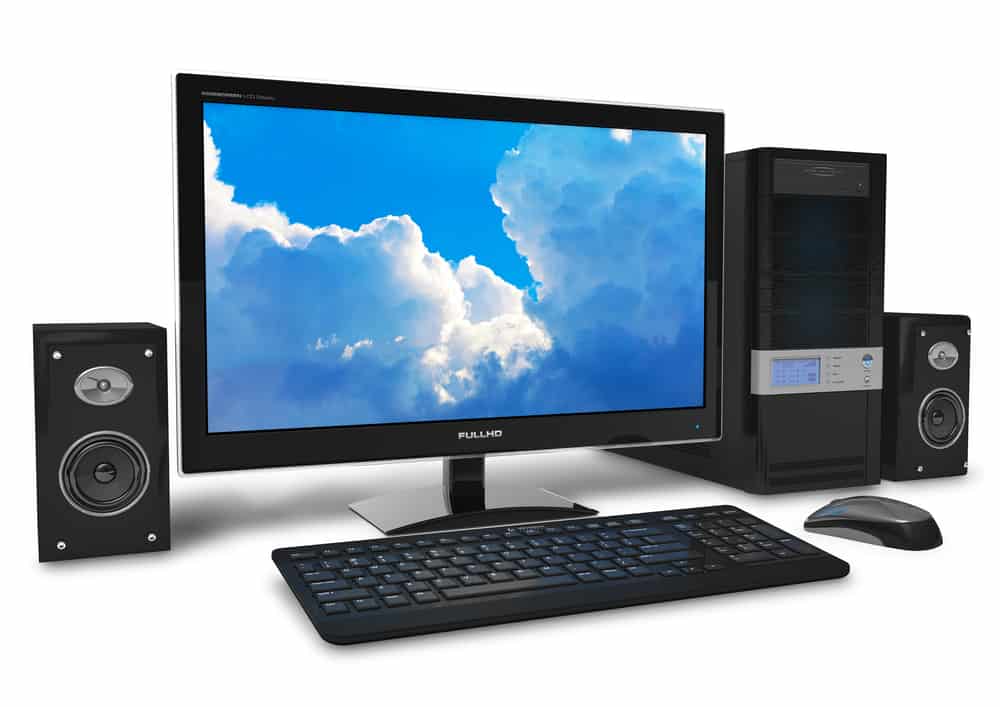
This part may sound too obvious, but you should consider it another possibility if your system is producing noise all of a sudden.
Speakers are one of the PC components that can produce noise due to various factors.
Therefore, you need to first make sure that the noise doesn’t come from inside the computer and listen carefully to ascertain if it’s coming from the speakers.
After that, you should look for the source of the noise, which can be physical or software-related.
For example, viruses and background processes can make noise that you can hear through the speakers.
The physical issues can encompass many factors, which you should rule out one by one.
Faulty cables and connections are the first things you should check because they can introduce noise.
Radio frequency interference is another factor that can cause noise, especially if you have wireless speakers.
You may notice a humming noise that gets stronger when wireless devices are operating near your PC.
The best strategy is to move the wireless devices away from your computer.
In addition, if you plug your audio devices into one power output, you may experience interference called a ground loop.
Plug each audio device into a different outlet and see if it helps.
USBs, transformers, and even DACs can introduce noise, which requires different methods to alleviate their noise.
NEXT: Building Vs. Buying A PC (Which Is Better?)
